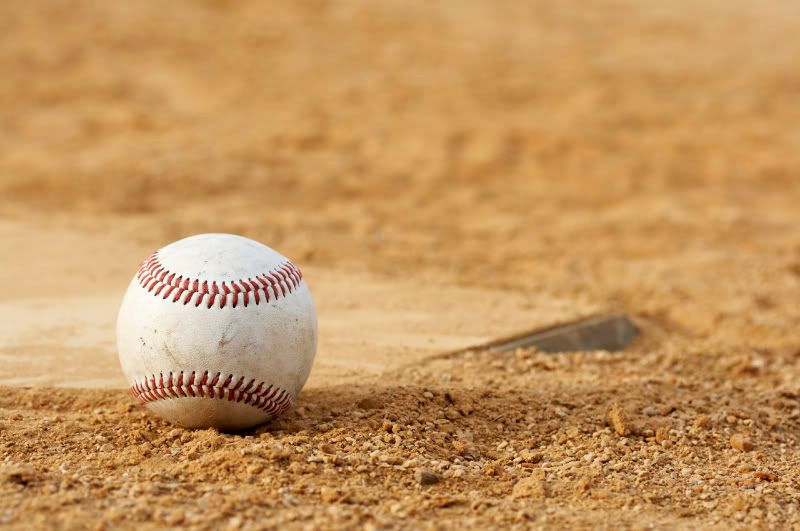Trivia question: Who was the last team to have four 20-game winners in one year?
Answer: The 1971 Orioles rotation that featured Dave McNally (21-5, 2.89), Mike Cuellar (20-9, 3.08), Pat Dobson (20-8, 2.90) and oh yeah, Hall of Famer Jim Palmer (20-9, 2.68).
No one has been able to match that feat, or really come close for that matter. Keep in mind baseball was a different game in 1971 from today. Starting pitchers went further into games almost every time out and averaged more starts throwing on less rest than today’s pitchers. Though now the big comparison to this rotation is the current one the Phillies are about to start the 2011 season with that includes Roy Halladay, Cliff Lee, Roy Oswalt, Cole Hamels and Joe Blanton (the fifth guy could be my neighbor, it really doesn’t matter).
Do four pitchers on this staff actually have a shot at 20 wins each? Well three out of four have won 20 games at some point in their career. Halladay has done it three times including last year, Oswalt twice and Lee once. Hamels career high in win was 14 in 2008, but this could be a breakout year for him with less pressure on him as the number four guy. Though Blanton actually has more wins than Hamels in a year with 16 in 2006 with Oakland.
There’s obviously a chance, but I see it as a long shot to accomplish it. The offense is certainly there for the Phillies to produce plenty of runs, but everything would basically need to go right for them to do it.
As I mentioned above, Lee has only won 20 games once in his career as injuries have been a problem for him over the years. Oswalt is also 32 years old and his back is always a question mark. He reached 200 innings last year, but I think it will be difficult for him to continue to go deep into games all year. And Hamels would really need to take a jump in production and dominate to reach the 20-win mark. Halladay appears to be a lock for 20 wins (barring injury) with the way he pitched last year for Philly.
Plus, look at the ’71 Orioles numbers above for each pitcher. McNally reached 21 wins, but the other three just barely reached 20 wins. Obviously they were an incredible staff, but even they received some luck down the stretch for three of them to just get over the mark. You need the offense to score runs, you need your bullpen to hold leads late in the game, you need to stay healthy and avoid a freak injury, need weather to hold up and not wash out a pitcher’s start among other intangibles.
Another interesting fact is while that Orioles staff was unreal with four 20-game winners, they still did not win the World Series. They came close though losing in seven games to, that’s right, the Pittsburgh Pirates. Will the Phillies hold the same fate?

